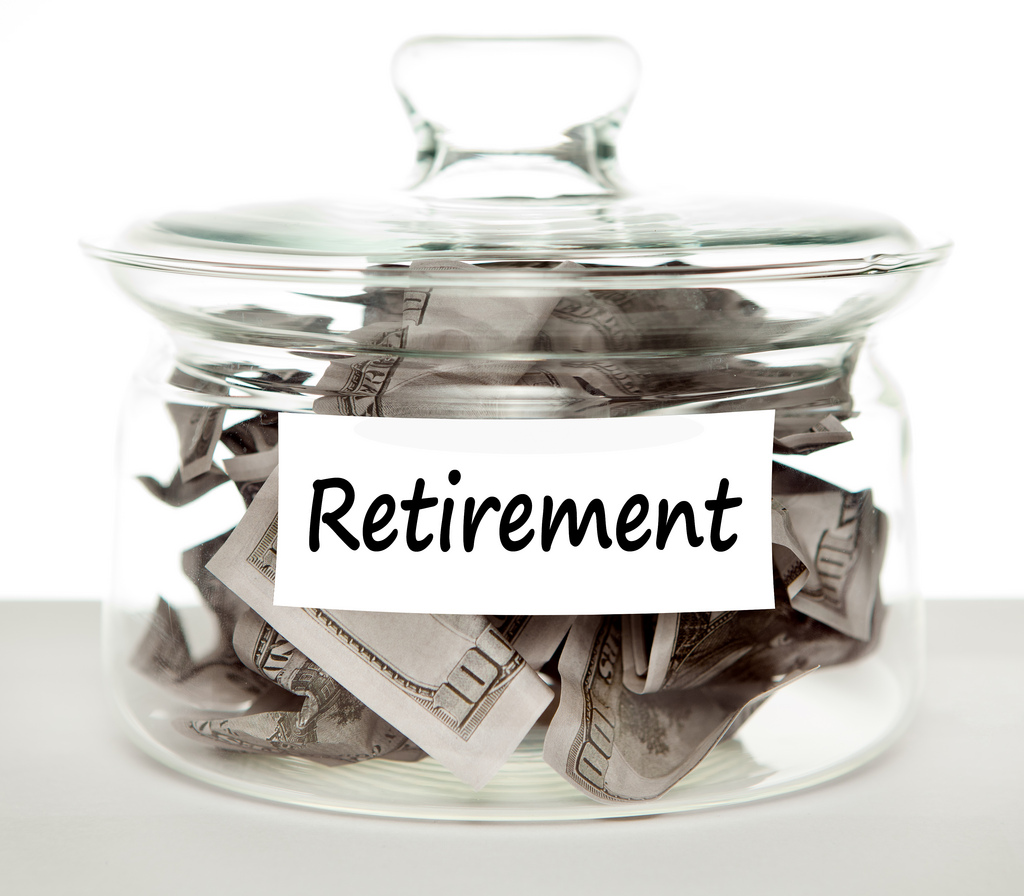Don’t Let These Retirement Mistakes and Myths Ruin Your Fun
Posted on February 14, 2017 in Money by Nathan Cherry
 Being able to retire is not a mystery that you find out about once you get there. Retirement is a plan that you work systematically through the years. If, that is, you can get past the myths and the retirement killers.
Being able to retire is not a mystery that you find out about once you get there. Retirement is a plan that you work systematically through the years. If, that is, you can get past the myths and the retirement killers.
Working in the financial services industry, I spend my days talking with people about retirement. I talk to people close to retiring, people that have just retired, and people that have been retired for years. It’s a fascinating conversation because each one is filled with many of the same concerns, myths, and mistakes.
Retirement is about having a plan and working that plan in a systematic way, as you get closer to retiring. That doesn’t mean the plan won’t change throughout your life, but it does mean you have a plan. And, the plan has to be more than “saving some cash in my 401(k) each month.”
As equally important to having a plan is avoiding some of the pitfalls and myths that seem to persist in our culture for those seeking to retire.
I came across a recent article that highlighted some ways that people can ruin their retirement and ensure that it is a stressful time of life rather than an enjoyable time. We would do well to heed this advice and avoid these retirement fails.
It’s not surprising to me that at the top of the list of ways to ruin your retirement is to have too much debt. And, unfortunately, I see this a lot. Debt is a burden that will suck the life out of retirement. It will prohibit you from doing the things you really want and keep you awake at night. And, debt will keep you working far longer than you would like.
Other retirement killers include not saving enough or investing properly. I see this all the time. Many people make a tremendous mistake by buying new cars, going on multiple trips, and generally living with a consumer mentality. Savings and retirement are secondary (sometimes father down on the list) until it’s too late. Many people don’t even take into consideration that their health could get worse or that they could find themselves battling cancer. Resources are quickly drained and people end up relying on social security (another big retirement mistake).
But failing to invest properly is also an issue for many would-be retirees. Often I talk to people with large sums of cash in the bank that are nervous about investing and have simply failed to take advantage of the opportunities to grow their cash. Investing doesn’t mean you have to take huge risks. Some investments offer low risk (or no risk) in exchange for lower returns. But a lower return is better than no return at all. And, keeping cash in bank accounts is equivalent to no return.
The article mentioned above gives examples of what saving $10,000 per year for 15, 20, 25, and 30 years will look like if you achieve 4%, 8%, and 10% growth. The effect of compounding interest is powerful and not to be taken for granted. And while 8% and 10% growth is the result of more aggressive investments and, therefore, not appealing to everyone; getting a 4% return on your money can be done with investments having a lower risk and should be considered.
The idea that a bank account is the best place for your retirement savings is one among several retirement myths that needs busted. As this article explains, there’s more than one myth that can trip up a pre-retiree nearing retirement.
One of the biggest concerns many have as they near retirement is whether they have enough money saved. Couple this fear with socking your retirement savings away in a bank account and you have a cause for concern. The idea that stocks aren’t an option for pre-retirees or even retirees is a big myth. The article explains:
“Stocks are volatile, but they also provide greater growth opportunities than most other investments. Especially in the early years of your retirement, having some growth in your nest egg is crucial to set the stage for a retirement that could easily last 20 to 30 years. By emphasizing high-quality stocks that pay income and have good prospects for solid, dependable growth, even retirees can benefit from investing in the stock market.”
If more people understood the stock market, it’s cycles, and the long history of great performance, I think more people would be willing to invest in stocks. The last 17 years have seen one of the most volatile periods in the market to date, and yet, it has also seen one of the greatest periods of growth. And many have missed out on that opportunity.
Also, another myth that needs busted is the idea that your tax bracket will go down in retirement. While this tends to be the case for many retirees, it is not true of everyone. Don’t assume your tax bracket will go down. Talk with your tax professional and your financial adviser to determine where you can reduce taxable income and keep your tax rate low.
There’s a lot of ways to sabotage your retirement. But armed with the right information and the confidence that your decisions are right for you, you can have a great retirement. Don’t let bad habits, mistakes and myths ruin this fun time in your life.
